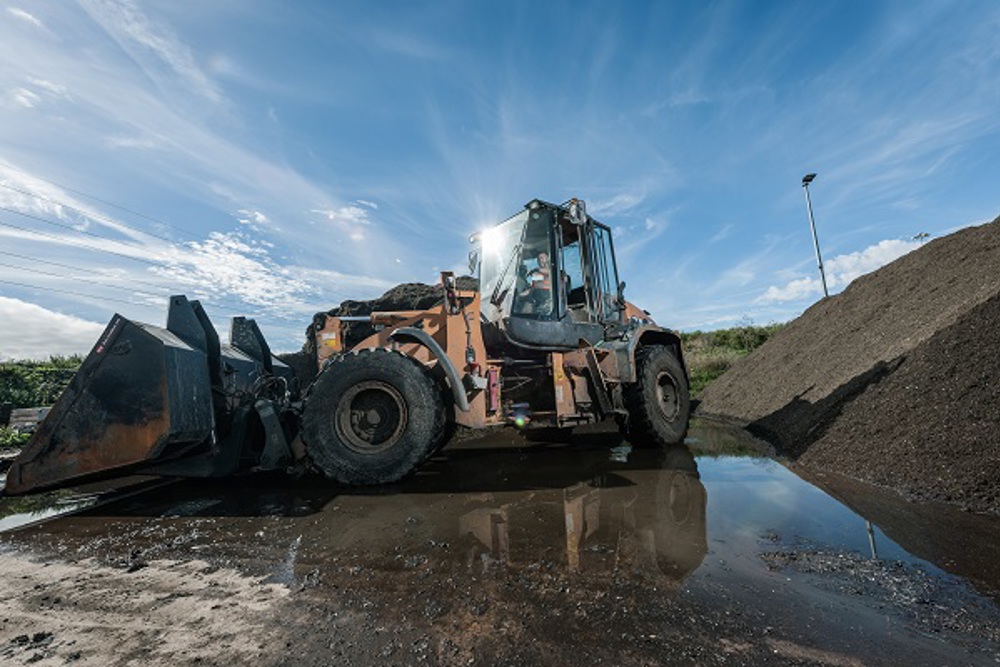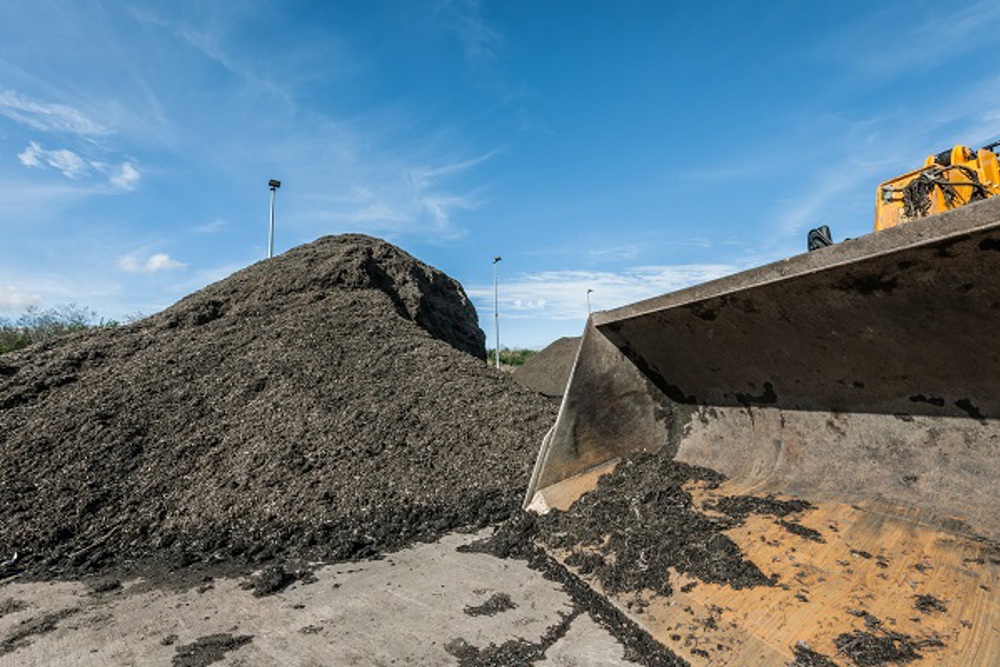Compost
Innovation in action
Services offered
Our award-winning compost service provides customers with a cost-effective, zero waste to landfill route for the disposal of difficult to treat biodegradable waste streams.
Our innovative 'CompAer' compost process was initially developed in 2011 to treat the grit and screenings from Wessex Water's sewage operation. It is believed to be the first successful application of such technology in the UK. We now offer this unique solution to various customers who generate difficult to treat biodegradable material from their business operations.
"We have a process that takes in difficult to treat waste that normally goes to landfill and recycles all of the input material."
How can we help you?
Through our compost process, we can help your business become zero waste to landfill.
Our team of experienced operational staff are experts in this field of waste treatment, providing year-round access to our facility in Bristol. We pride ourselves on exceptional customer service and work hard to make the process from booking to delivery of the waste as easy as possible.
Our process
Our treatment process is based on the principles of aerobic composting.
Solid waste is delivered to our treatment centre and formed into large mounds called 'windrows'. The quantity of each individual input into the windrows is controlled and monitored to promote aeration, elevated temperature and carbon supply. Material is initially kept in the windrows for three months to decompose in the presence of oxygen.
After this, the material enters a sterilisation phase, followed by six to eight weeks' maturation. Decomposed organic matter sinks to the bottom and any material which has not decomposed, such as lighter plastics, is removed by rotary screening.
The main output from the process is a high quality Compost-Like Output (CLO). This CLO material is used for a variety of land reclamation purposes, for example, in old china clay pits in Cornwall to restore the landscape and bring back important ecological habitats.
A minor secondary output is rich in plastic which is currently being used in energy from waste operations to power homes and businesses.

Why compost?
Difficult to treat biodegradable waste is commonly disposed of via landfill. Not only does this incur the ever-increasing financial burden of landfill tax, but it can lead to harmful uncontrolled emissions of methane and take up valuable land resources.
By recycling waste through composting, your business could achieve zero waste to landfill status and it allows your operations to move up the waste hierarchy as stipulated in UK and EU legislation.
Our innovative CompAer compost process is the most sustainable treatment option for many difficult to treat biodegradable wastes. It produces a nutrient rich, soil-conditioning product that can be used for land restoration, with any plastic contamination used to generate electricity.
Waste we accept
Our compost facility accepts a large variety of waste, such as grit and screenings from the waste water treatment process, road sweeping grit, drainage waste and autumn leaves.

We are permitted to accept a wide range of other difficult to treat waste streams and have seen considerable interest from other organisations with waste streams which they are keen to eliminate from landfill.
We would be delighted to explore with you your particular waste challenge. Please get in touch to discuss your requirements.
